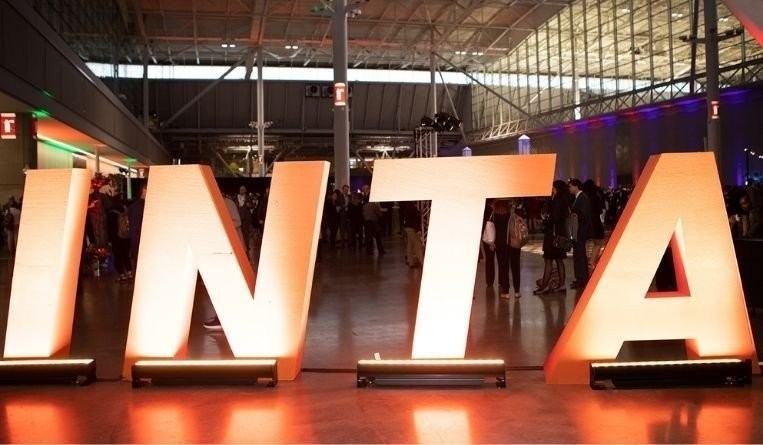INTA publishes Unfair Competition Laws Quick Guide
27 September 2021

On September 14, 2021, INTA’s Board of Directors voted to approve a Board Resolution addressing advances in technology that impact unfair competition.
These advances in technology include typo-squatting; use of trademarks and other protected designations in expressive content such as games, motion pictures, videos, or memes; ambush marketing; tampering with labels, barcodes, or other means or devices to identify or trace the source or origin of goods and services; use of trademarks and other protected designations by way of keyword advertising or metatags and advertising through blogs, vlogs, or influencer marketing.
Sponsored by INTA’s Unfair Competition Committee (UCC) —Policy Subcommittee, the resolution focuses largely on obligations contained in the TRIPS Agreement and is a culmination of the UCC’s extensive work over the last two committee terms.
The resolution recommends that countries enact into law minimum standards and remedies for the protection against unfair competition in addition to those contained in INTA’s Model Trademark Law Guidelines of 2019.
Part of the UCC’s work mentioned above was a survey conducted during the 2018‒2019 and 2020‒2021 committee terms, resulting in the recent publication of a quick guide to unfair competition laws around the world.
The Unfair Competition Quick Guide summarizes results of the survey regarding the unfair competition laws of different jurisdictions, providing a practical, high-level resource for brand owners and practitioners. It covers 24 countries across the Americas, Asia, Europe and the Middle East.
The Unfair Competition Quick Guide reveals that all countries surveyed prohibit various forms of unfair competition although the national statutes or governing laws are diverse in nature.
The survey sought the following information with respect to each country: (1) whether national laws exist that prohibit unfair competition (and, if not, whether unfair competition is prohibited in other ways); (2) specific examples of prohibited unfair competition; (3) remedies available in the event of unfair competition; and (4) the proper venue for the assertion of unfair competition claims.
Some findings from the survey:
- While countries such as Argentina, Poland, and Sweden have enacted specific national competition acts, others, including India and Israel, provide for relief under different authority, such as general tort laws, consumer protection acts, and/or common law. In Uruguay, courts frequently consider the Paris Convention for the Protection of Industrial Property as well as rely on general civil law principles.
- Although all countries surveyed consider “false advertising” to constitute a form of unfair competition, they define this term differently.
- All countries surveyed allow for the possibility of damages where unfair competition has been proven, yet the likelihood of recovering such damages as a practical matter may vary. Courts in the United Arab Emirates, for example, are reluctant to award high amounts of damages and require a close causal link between the misconduct and any subsequent loss for that loss to be recoverable. Moreover, additional forms of relief may be available in some countries, such as a public apology in Malaysia and imprisonment in Norway.
- While none of the countries appears to ban comparative advertising entirely, each defines differently the circumstances under which such advertising is prohibited.
- In nearly all the countries, unfair competition claims may be brought in the appropriate courts.
For more information, click here.


